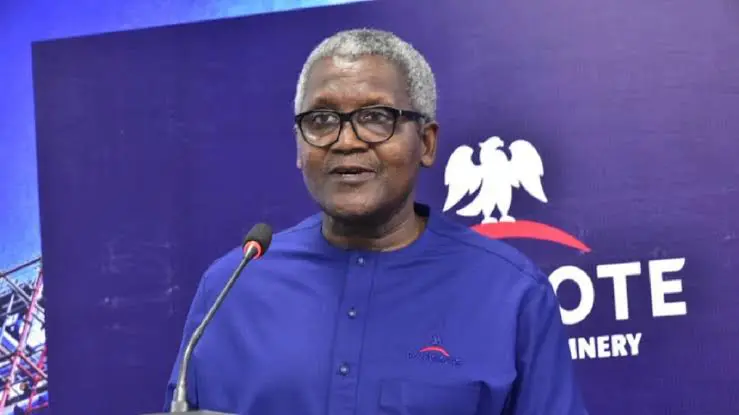Online audio streaming platform Spotify has announced a significant price increase for its Premium subscribers, raising fees by more than 40%.
Starting in November, the monthly cost for the Premium Individual plan will rise from ₦900 to ₦1,300. The company stated that this adjustment is necessary to support ongoing innovations and enhancements to its product offerings, ensuring users receive the best possible experience.
In a notification to users, Spotify advised that those who do not wish to pay the new subscription fee can cancel their plans via their account page. This change comes alongside the introduction of a new feature called Offline Backup, which allows Premium users to listen to music without needing to download it. This feature will appear in the Home feed when users are offline, have recently listened to more than five songs, and have offline listening enabled.
While Spotify is increasing its prices in Nigeria, it has also recently partnered with Orange, France’s telecommunications company, to offer free Spotify access to smartphone users in the Democratic Republic of the Congo, Madagascar, and Mali.
This price hike follows a trend in the streaming industry; in July 2024, Netflix increased its subscription fees in Nigeria for the second time in four months. The monthly Premium subscription now costs ₦7,000 ($4.40), up from ₦5,000 ($3.14), marking a 40% rise. Earlier in April, Netflix had increased its Premium Plan from ₦4,400 ($2.76) to ₦5,000 ($3.14).
Additionally, Internet service provider Starlink announced it would double its subscription prices in Nigeria starting October 31, 2024, citing “excessive levels of inflation.” Its standard residential plan will increase from ₦38,000 ($24) to ₦75,000 ($48), while prices for roaming customers will rise from ₦49,000 to ₦167,000 per month.
The Nigerian Communications Commission has faced criticism from stakeholders in the telecom sector regarding Starlink’s price increase. Critics argue it reflects double standards, as local telecom operators have been denied requests to raise tariffs despite rising operational costs.
Stakeholders say this creates an unfair environment for local providers who have invested significantly in expanding services while being restricted from adjusting their prices.









